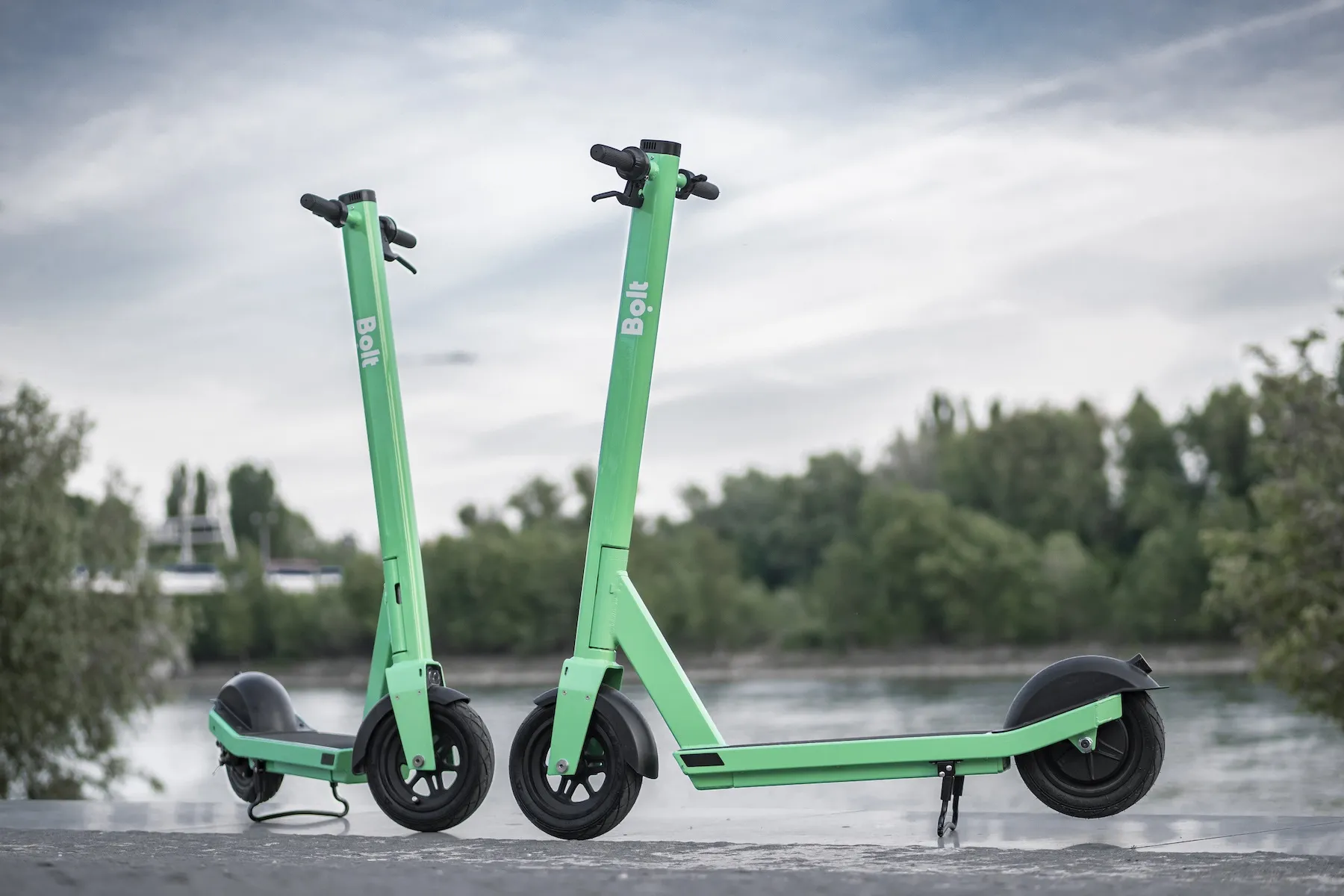
Bolt is relaunching its electric scooter service in two Spanish cities as the country makes its first moves out of coronavirus lockdown.
Its vehicles will be available in the capital, Madrid, and the coastal town of Malaga.
In order to promote itself as a transport alternative in the return-to-work phase, Bolt has introduced a new pricing model which it says creates the most affordable micromobility option for users intending to make longer trips.
There will be no unlocking fee for e-scooters and the price per minute is now €0.23 for the first nine minutes of travel, and then €0.18 thereafter.
To improve safety, the maximum speed permitted will be 25km/h. Bolt has also created a 'beginner' mode, which allows scooters to be limited, via its app, to just 15 km/h.
It is possible to travel 40km on a single battery charge, the firm insists.
Paul Álvarez, Bolt's director of operations for southern Europe, says: “With a return to normal work, shared electric scooters are a safe, economical and sustainable transport alternative."
Bolt says it is disinfecting all e-scooters daily, and will deploy 500 GPS-enabled units between the two locations.










